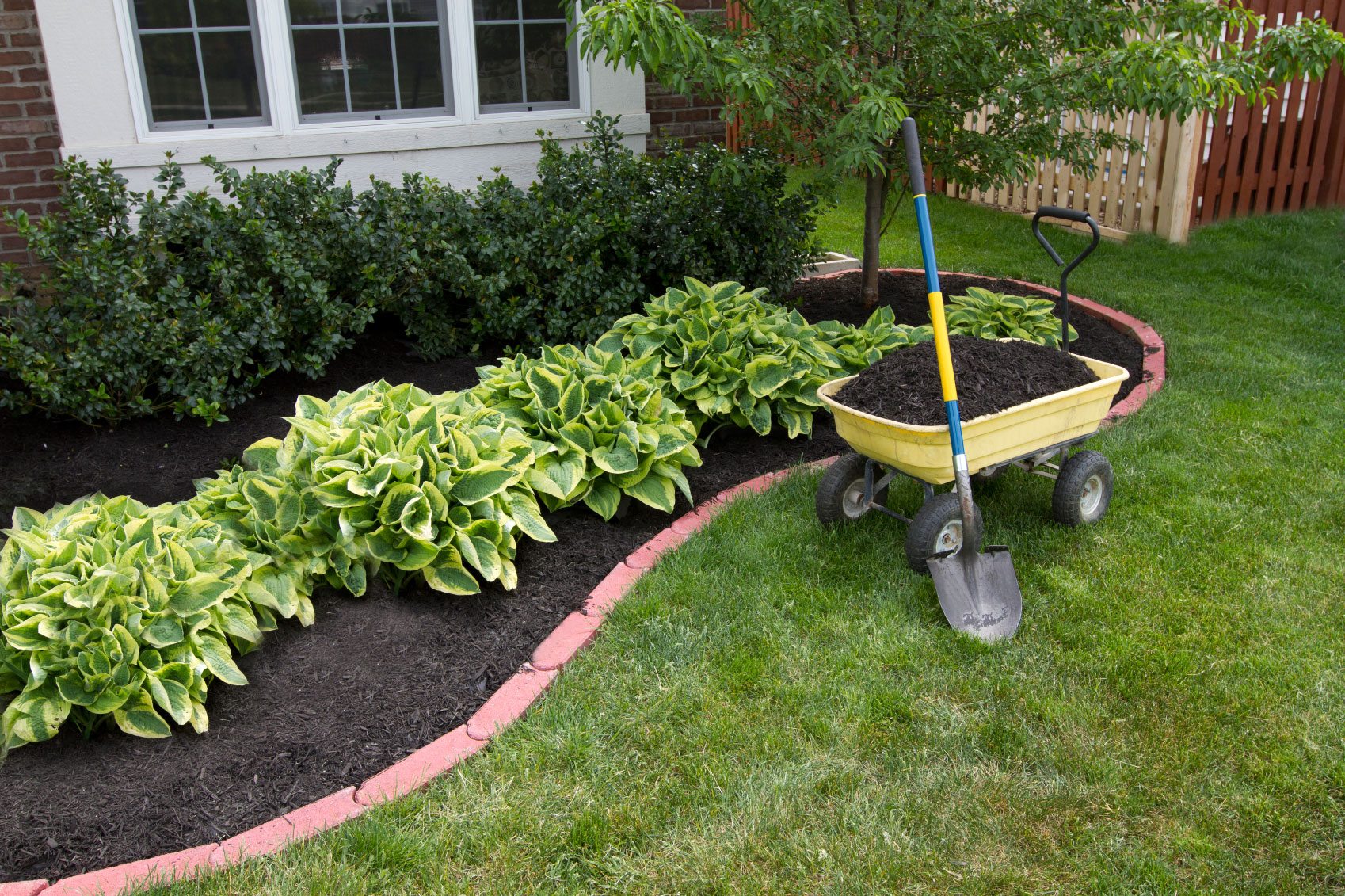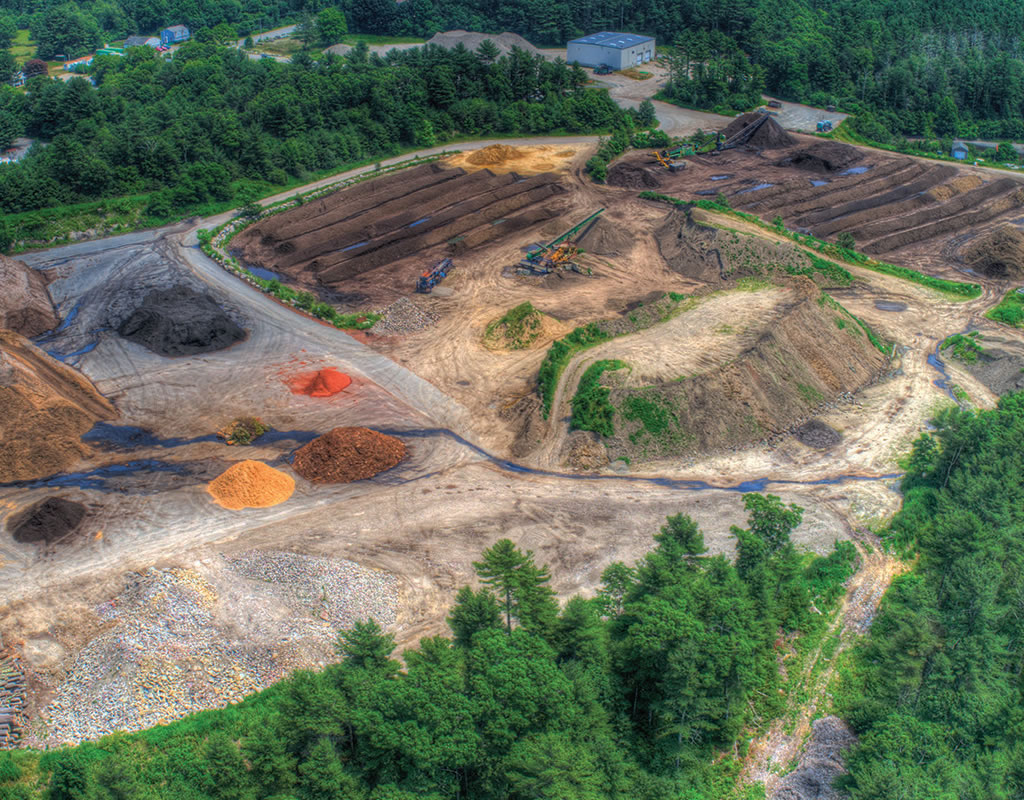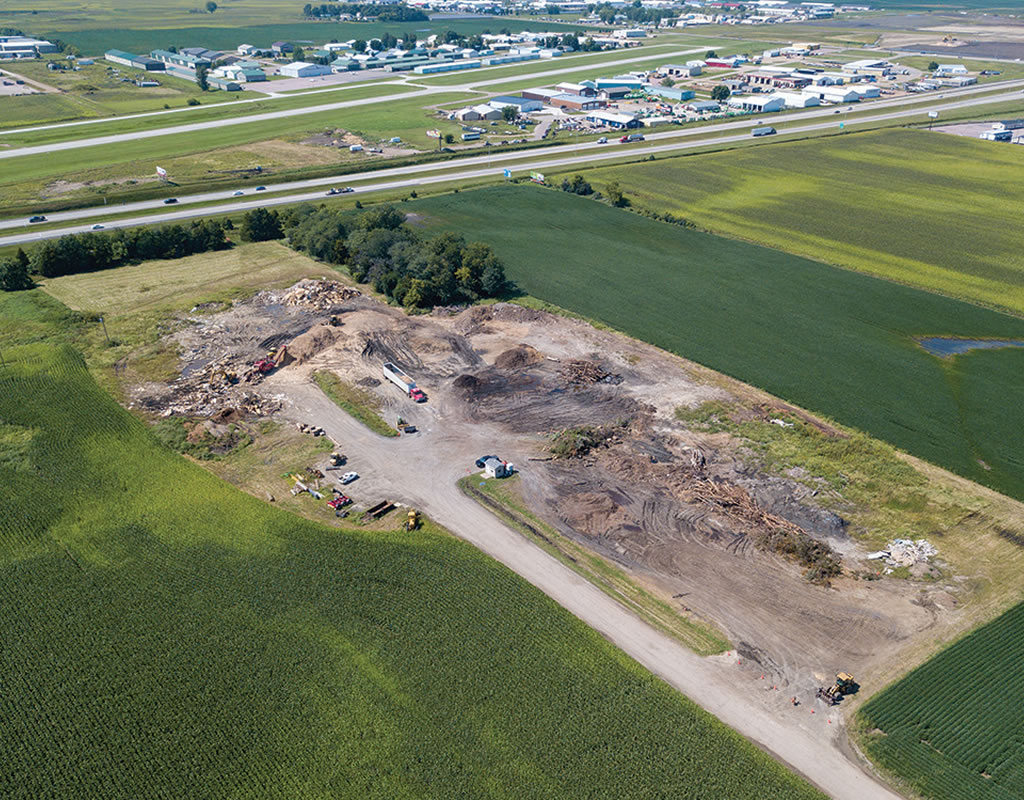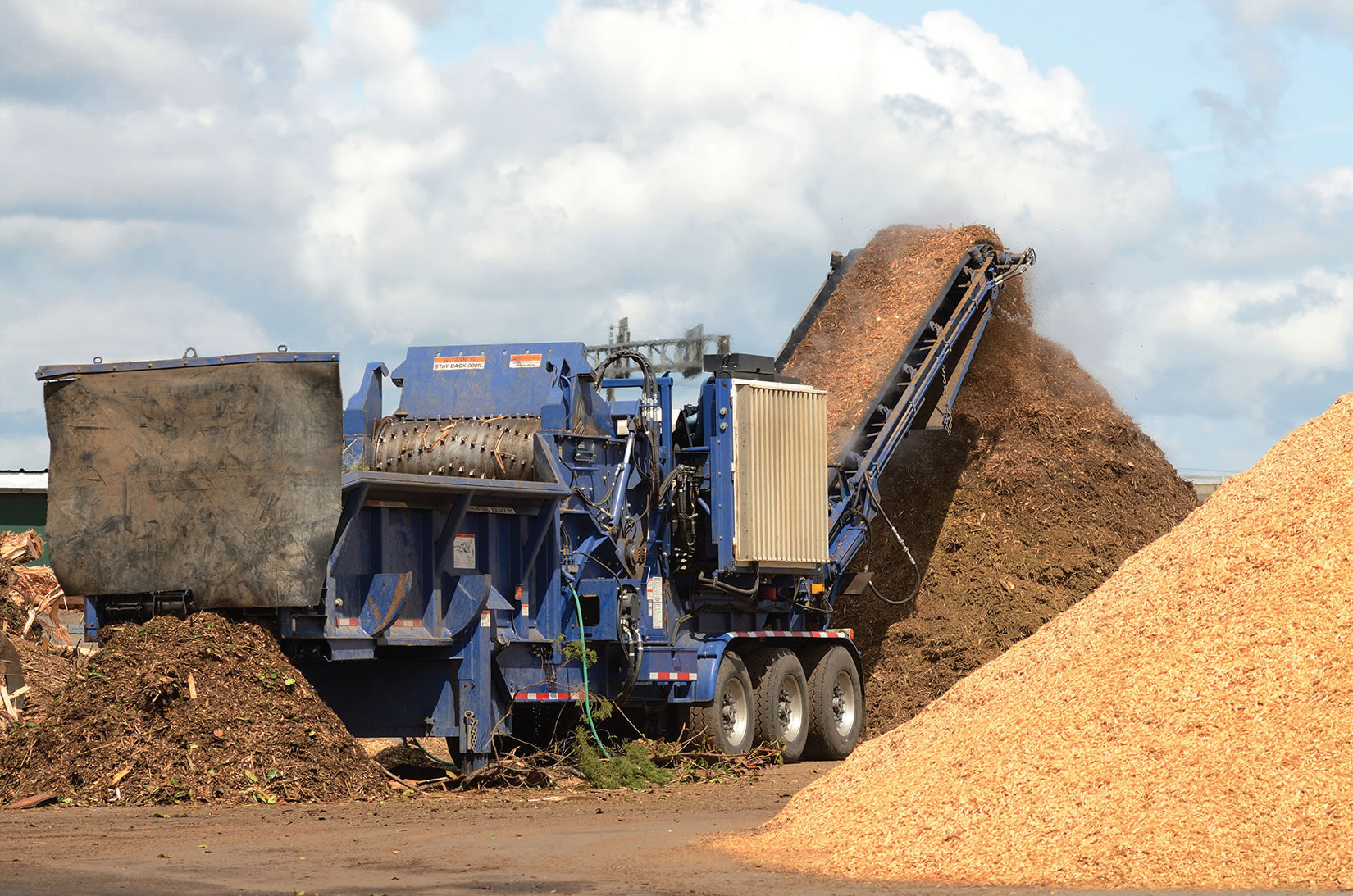By Ken McEntee
Government imposed closings related to Covid-19 may have hurt - or even destroyed - many businesses across the country. The soil and mulch industry was apparently not one of them, according to mulch and soil producers who reported robust sales volumes this spring.
"Our soil sales have been overwhelming and we have not been able to keep up with the demand," said Gina McLean, of Penick Organics, in Macon, Miss. "We have been making it as fast as we are shipping it and our wait times have been longer for delivery. Bagged soil and mulch sales increased 31 percent over last year. We are really thankful for the increased business and that people are trying gardening maybe for the first time."
Pam Bee, of Bee Forest LLC, of Nelson, Wisc., is another vendor who attributed higher sales volume to "stay home" orders.
"The volume is at least 50 percent higher than last year, which we attribute to the (corona) virus and people staying home doing home projects," Bee said.
Pricing for her products, however, remains low, she said.
Bee Forest LLC’s natural shredded bark mulch is sold in eastern Minnesota and western Wisconsin in bulk units. The company delivers by self-unloading trailers or buyers can pick it up.
Fear of food supply disruptions
Robert LaGasse, executive director of the Mulch & Soil Council, Shallowater, Tex., said he anticipated a strong year gardening products even before the Covid-19 reaction, but added that fear about disruptions in the food supply chain was probably a major factor in strengthening the market.
"We had a similar situation after 9/11," LaGasse said. "Prior to 9/11, vegetable gardening was maybe in single digits of all the people who had a yard or garden. By 2004, vegetable gardening had grown to 68 percent of everyone who had a yard or garden, and the people who had a yard or garden were 74 percent of all households in the U.S., so that was like 87 million households. So 68 percent of those 87 million households were doing vegetable gardening of some kind, whether that was a container for tomatoes or full plots. We believe it's happened again. There were surveys that indicated that vegetable growing made up a big portion of first-time gardeners."
Meanwhile, landscaping materials also saw strong demand this spring.
Steve Boehme, of GoodSeed Farm Landscapes, a Peebles, Ohio landscaper, reported a record grooming season.
"Because we take grooming reservations during the first quarter each year, we were already booked for the spring season when the Wuhan virus became an opportunity for the politicians to lock us down,” Boehme said. "Fortunately, the ONLA (Ohio Nursery & Landscape Association) had our backs and got Ohio to declare landscapers 'essential businesses'. Not a single grooming client had any reservations about us coming onto their premises and doing our jobs."
Boehme said, however, that he was still nervous about his core business - design-build projects.
"Usually we have our summer booked by this time of the year and have plenty of juicy design-build proposals in the works, but not this year," he said. "Fortunately, things seem to be breaking loose right now and we have enough work to keep our crew busy full time. We have design projects on the drawing board, so we expect to recover our momentum and have a typical year despite everything."
Boehme said GoodSeed buys about a dozen semi loads of bulk mulch and one or two semi loads of bagged pine nuggets annually for its landscape projects.
Seth Bauman, of Conway Garden Center, in Tylertown, Miss., said the company's overall sales have been up during the past weeks but mulch sales - bulk and bagged - are down 3 percent compared to the same time last year.
"Our potting soil, topsoil, plant and stone sales are up 27 percent, so it has been a good spring for us in this area," Bauman said.
In Conroe, Tex., John Ferguson, of Nature's Way Resources, said his sales are "way up this year. We have a vegetable and garden mix soil and that product is up over 200 percent."
Nature's Way offers bagged and bulk products to retail and wholesale customers.
"Soils, mulch and compost sales are up 30 percent so far," he said. "We have a retail nursery on-site and sales there are up almost 300 percent."
McLean, who said Penick serves the states of Mississippi, Alabama and some of Tennessee, said, "After a wet and cold first quarter, our overall sales are up 7.5 percent over last year and are up 25 percent in the second quarter since we have been dealing Covid-19."
The company sells hardwood and pine mulch in natural and colors, and it manufactures its own soil amendments and potting soils.
In North Carolina, Gary Gittere, of McGill Environmental, headquartered in New Hill, N.C., said the company has experienced very strong sales over the past several months, mainly with its wholesaler/reseller customers.
"We attribute this to our industry being considered an 'essential business,' along with the influx of gardening and landscaping being conducted due to the stay-at-home” orders initiated in Virginia, North Carolina and South Carolina," Gittere said.
McGill, with locations in North Carolina, Virginia and Ireland, primarily services the central mid-Atlantic states, offering bulk and bagged premium compost products to wholesalers/resellers, golf courses, park and recreation, military institutions, universities and other customers. The company's primary product is McGill SoilBuilder Premium Compost, an STA (Seal of Testing Assurance - a program of the U.S. Composting Council) certified compost used in various landscaping applications, sold both in bulk and in one cubic foot bags. The company also sells two other STA products: McGill LandscapeMix Premium Compost - which is used primarily for raised garden beds - and McGill SportsTurf Premium Compost - a finer screened product used primarily on golf courses and sports fields.
Essential Businesses
LaGasse said most states allowed garden centers and nurseries to stay open during the Covid-19 closings.
"The only states that closed them were Michigan, Vermont and Pennsylvania," he said. "And they rescinded that order within weeks of its going into effect. We and a lot of other people petitioned those states to reopen the garden centers. Michigan and Vermont recanted relatively quickly, and eventually Pennsylvania did too. So as far as we are aware, all the garden centers in the country were open for a major portion of this."
Although fear about disruptions in the food supply chain probably played a large role in increasing interest in vegetable gardening, LaGasse said the strong economy of the past several years also has contributed to growth in demand for mulch and soil products.
"We had a good year last year, and if Covid had not hit, we still would have expected a good year this year," he said. "In a strong economy people have more money to do discretionary spending. There is more construction going on, and our business is heavily tied to the construction market. With new construction and new landscapes going in, more mulch and soil products are purchased, so sales have been on an upward swing. We expected it to continue on an upward swing."
According to Bee, "Compared to over 30 years ago when I started selling bark mulch, it was just as challenging last year to educate the public on its use. This (year) is the first indication in our area of the up-tick."
Bee said that during the past five years, Bee Forest LLC encountered competition from recycled pallets which are readily dyed.
"Our goal now is the education of the public about the benefits of natural shredded bark," she said. "We are also concentrating on producing a black soil in the future."
Ken McEntee is editor and publisher of Composting News (compostingnews.com).
Related News
Subscribe Today
Every other month, Soil & Mulch Producer
News brings you important stories about:
• New Technology
• Products
• Industry News
• Research Studies
Soil & Mulch Producer News features articles and services relevant to your daily operations.











